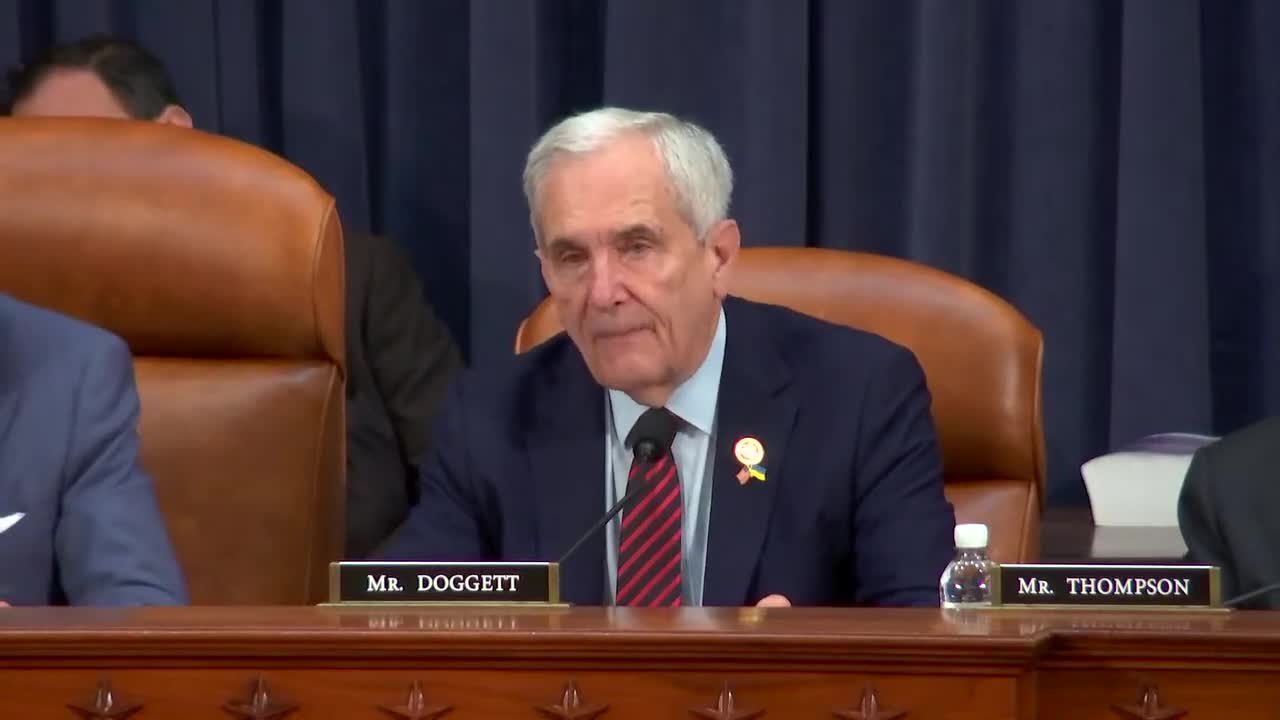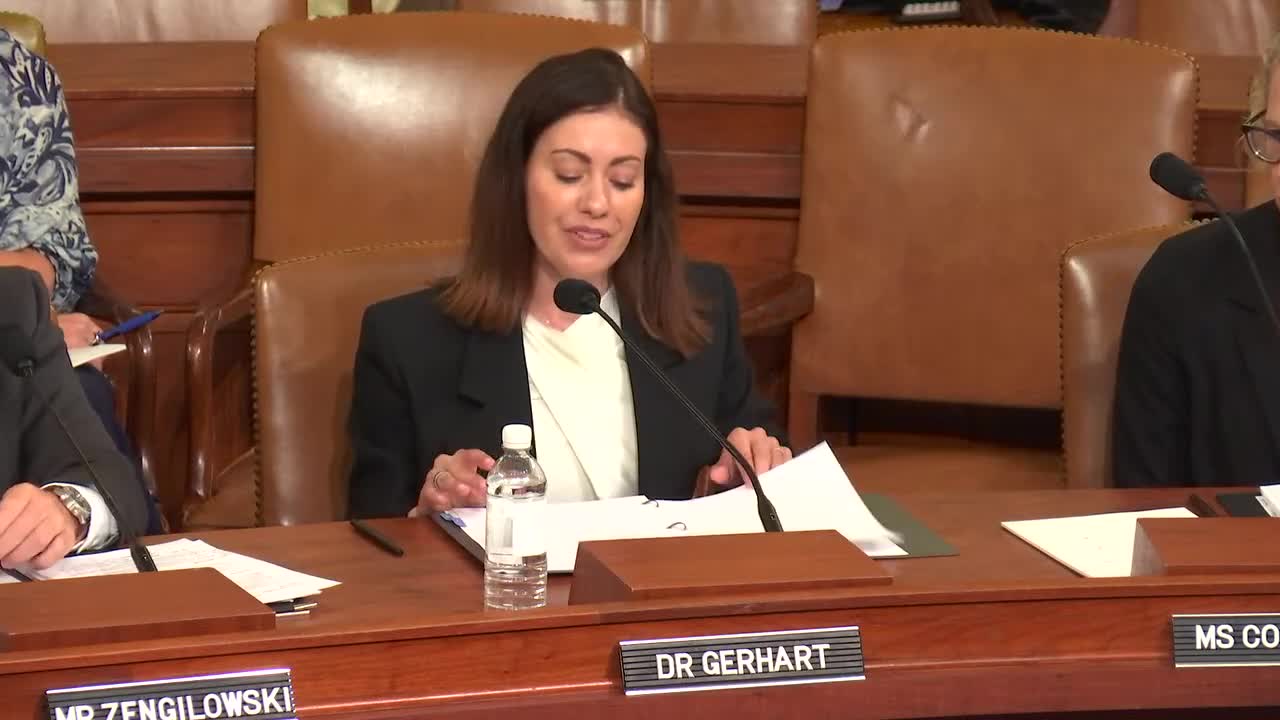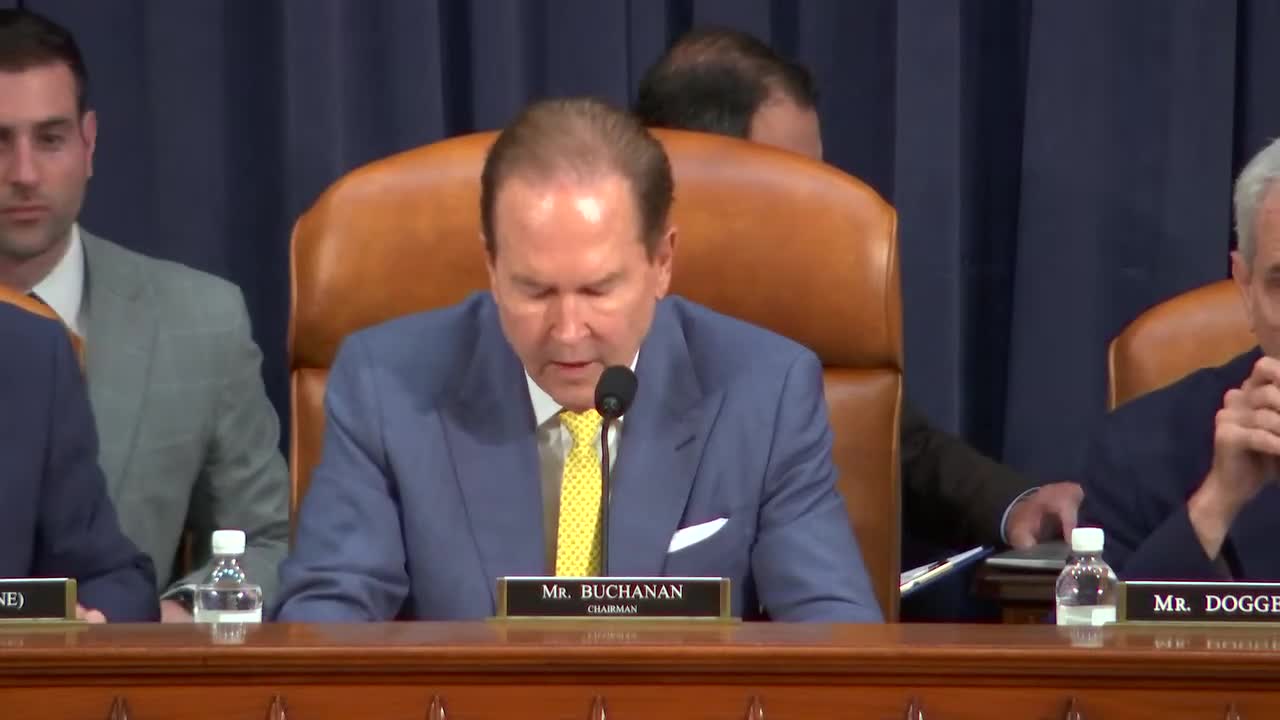Article not found
This article is no longer available. But don't worry—we've gathered other articles that discuss the same topic.

Lawmakers and experts warn H.R. 1 would cut coverage, increase uncompensated care and undercut access to digital health benefits

Committee hearing spotlights gaps in privacy and calls to expand HIPAA, bolster TEFCA and accountability for third parties

